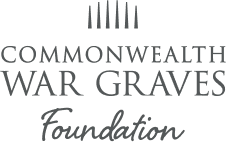18 September 2023
Meeting a soldier’s relative: Remembering their story
Our Guides regularly help visitors to our sites discover more about their family stories. Here, Commonwealth War Graves Foundation Guide Remi Gossart shares how he did just that.
Uncovering family history with a Commonwealth War Graves Foundation Guide
 Image: CWGF Guide Remi Gossart
Image: CWGF Guide Remi Gossart
While working at Thiepval Memorial, we Guides get to meet relatives of long-gone soldiers.
They happily share their stories with us and give us the opportunity to find out more about the men commemorated on the memorial.
Today, I will share one of these meetings.
The great-granddaughter of a soldier
On August 31, a couple came to Thiepval Memorial looking for a tour.
The lady told me they were visiting her great-grandfather, commemorated on the memorial as Joseph Anderson as it was how he was known by his comrades during the war.
Interested about her family’s history, she already had done a lot of research in the archives to find as many documents as she could.
She then shared information with me. I learned that he enlisted under a false name and was called Joseph Henson. Joseph died during the Battle of The Somme on the first day of the assault on 1st July 1916, and lost a son on the same day, a few miles away.
The Commonwealth War Graves Commission also recorded him as a soldier of the 6th Battalion of the Bedfordshire regiment.
 Image: Joseph Anderson's name on the Thiepval Memorial
Image: Joseph Anderson's name on the Thiepval Memorial
At the end of the tour, I asked the couple if I could do some further research and keep in touch with them in order to write the story of their relatives. They gladly agreed and allowed me to share this story with later visitors.
Finding more information about Joseph Anderson
Thanks to the information the couple grave me, and the soldier’s service number and regiment provided by the Commonwealth War Graves Commission, I could start digging through the archives to find documents about the man.
My starting point was to confirm his identity. I knew Joseph Henson was his real name, but he was registered under his false one. The army knew about his real name, as we can see on his pension record card where his alias stands next to his real name.

Image: Private Joseph Henson's pension record card
The 1901 Census and his marriage certificate also confirmed his real name and identity, as we can find his wife’s name on both documents.
These documents also allow us to identify his year of birth, which is 1876, and his year of marriage which is 1896.
Then, we can already tell a small part of his story.
Private Anderson of the 6th Bn. Bedfordshire regiment was Joseph Henson, husband of Mary Ann Henson and father of three children.
He was 38 at the beginning of the war and died at 40 during the battle of the Somme. His wife told the army he deserted his family around 1912, probably the reason why he decided to enlist under a false name.
Joseph Henson during the war: Private Anderson’s journey
Joseph Henson enlisted in the army, under the name Joseph Anderson as he had fled his family, joining the 6th Battalion of the Bedfordshire regiment.
This battalion was created in 1914 and was part of Kitchener’s New Army composed of civilian recruits, not like the professional British Expeditionary Force.
Joseph enlisted as a Private and sent to the Somme for the big offensive of 1st July 1916. His battalion was part of the 112th Brigade, 37th Division, and was sent to attack on the north of the frontline near Gommecourt on 1st July.
The battalion then moved further south near Albert, and on 9th and 10th July the battalion war diary reports 20 men killed during the defence of trenches near Contalmaison, near Pozières in the Somme.
It’s very likely Joseph Henson was killed during this action.

Image: Extract of the 6th Bn. Bedfordshire regimental war diary
Thanks to the documents, such as the Bedfordshires regimental war diary, we can tell a small part of the events which Joseph Henson went through.
Sadly, has said previously, he had a son killed during the war while another served and survived.
Joseph Frederick and Edward Henson.
Like their father, Joseph Frederick and Edward Henson, sons of Joseph Henson, joined the army during the war too.
Edward Henson survived, but sadly Joseph Frederick was killed on the same day as his father on 10th July.
 Image: Joseph Frederick Henson's name on the Thiepval Memorial
Image: Joseph Frederick Henson's name on the Thiepval Memorial
Joseph Frederick was a private in the 13th Bn. of the Welsh Regiment. His battalion also took part in the battle of the Somme.
We could not find more information about his experience during the war, but his battalion was taking part in a battle at Mametz Wood on the day he died, which leads us to think he died during this attack.
One of many families
This story of the Henson family, and the death of a father and a son, is just one of many families whose lives were shattered during the war.
Meeting one of their relatives is always a very moving experience, and we are glad to help them find out more about the ones they lost and carry on their memory.
Want to support Remi and the Commonwealth War Graves Foundation Guides? Donate Today
The Commonwealth War Graves Foundation Guides Programme gives young history lovers an opportunity to work for Commonwealth War Graves in France and Belgium.
They welcome visitors, share the incredible stories of those commemorated by Commonwealth War Graves, and help assist our guests on their journey of remembrance at important sites like Thiepval in Northern France and Tyne Cot, Belgium
We’re passionate about preserving the memories of the Commonwealth’s war dead and interacting with young people to keep their stories alive. Our Guides help us in our core mission while becoming equipped with real-life skills to aid their personal development.
Our Guides Programme relies on your generosity.
£100 could pay to fully train one of our Guides ready for their experience of working abroad so they are best able to welcome visitors, share the incredible stories of those we commemorate, and help assist visitors on their journey of remembrance.
Please donate to the Commonwealth War Graves Foundation today.


